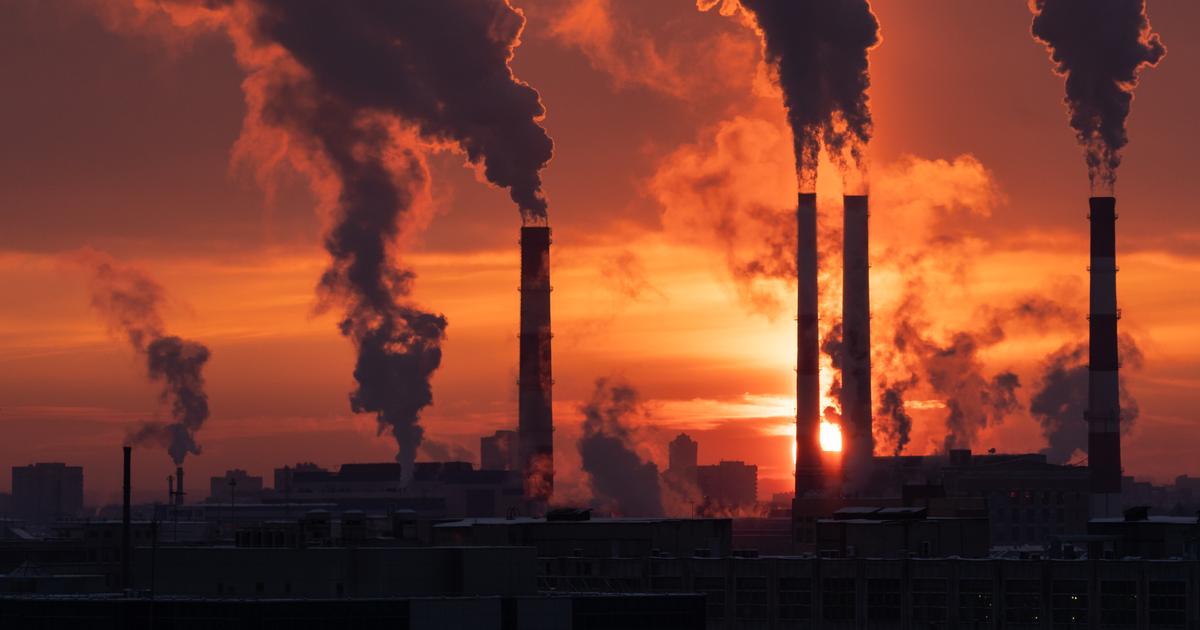The Arctic region has been experiencing major vegetation fires since the beginning of June, leading to CO2 emissions among the highest in the last 20 years, according to the European Copernicus service. As of June 26, the emissions have reached 6.8 million tonnes of CO2, ranking third after the significant fire seasons of 2019 and 2020.
The most intense fire activity is currently located in the Russian republic of Sakha, which has already suffered significant damage in previous years. These fires are a clear indication of the phenomenon known as 'Arctic amplification,' where the region warms faster than the mid-latitudes, four times more than the global average.
Gail Whiteman, a professor at the University of Exeter and founder of the Arctic Basecamp expert group, emphasized that the Arctic is the epicenter of climate change. Rising wildfires in Siberia are a clear warning that this critical system is approaching dangerous tipping points. Changes in the Arctic amplify global risks for all of us.
Fires in the Arctic not only emit greenhouse gases but also destroy natural carbon sinks and degrade air quality. Particles from the fires can settle on ice, reducing its ability to reflect solar radiation, thereby exacerbating global warming.
- During the month of June, the Arctic Circle has seen a return of fires, with CO2 emissions already the third highest in the last two decades, following the 2019 and 2020 fire seasons. The fires are predominantly burning in the Russian Republic of Sakha, which had previously experienced extensive wildfires in the summer of 2021.
- Mark Parrington, a senior researcher at the European Copernicus service, noted that this is the third consecutive year since 2019 that significant Arctic wildfires have been observed. The northeastern region of the Arctic has seen the largest increase in extreme wildfires over the past 20 years.





